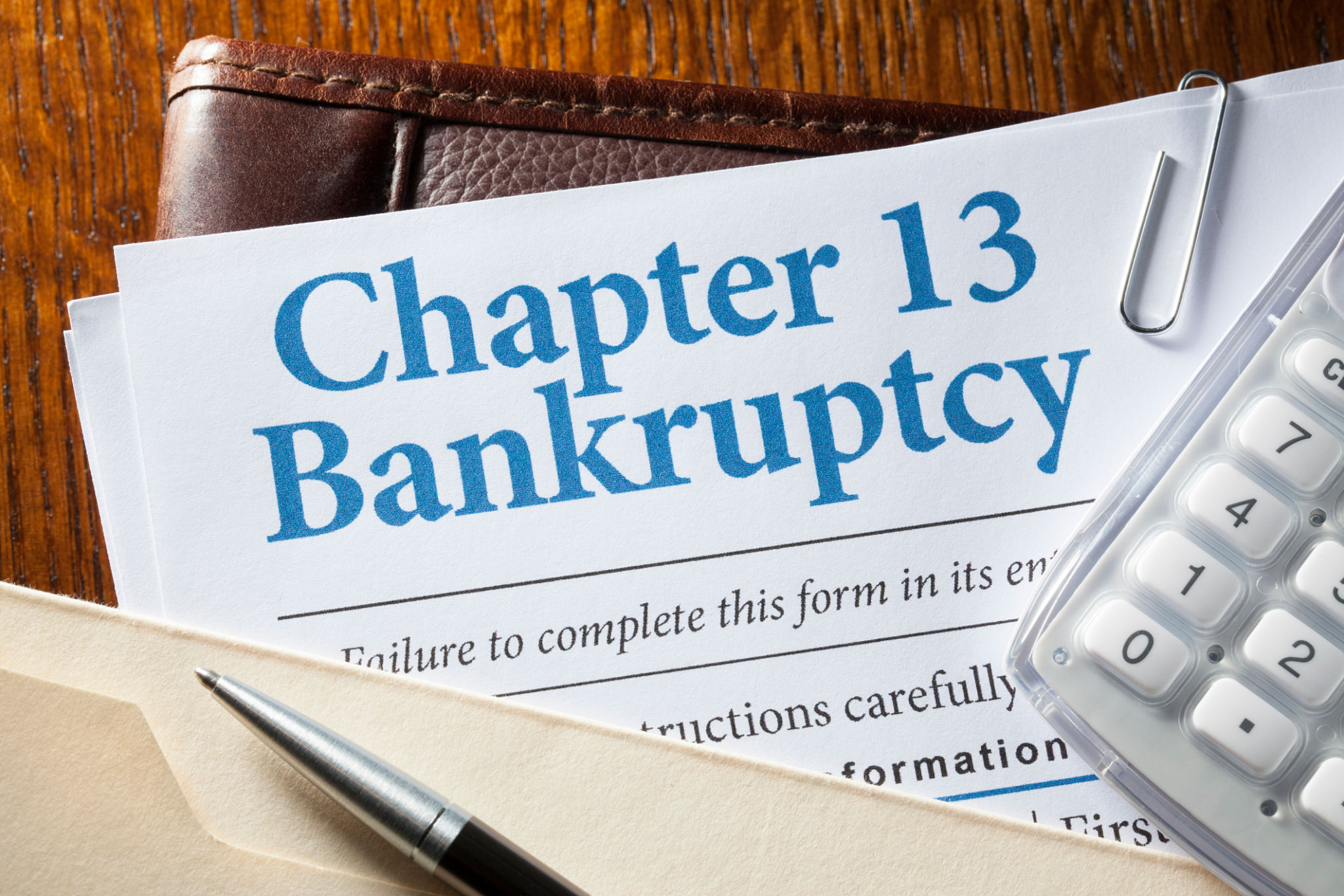Bankruptcy Representation: What to Expect and How to Prepare
Understanding Bankruptcy Representation
Filing for bankruptcy can be a daunting process, often accompanied by stress and uncertainty. With the right representation, however, you can navigate this financial challenge with greater confidence and clarity. Bankruptcy representation involves hiring a legal professional who specializes in bankruptcy law to guide you through the proceedings and advocate on your behalf.

When considering bankruptcy representation, it's crucial to understand what to expect from your attorney. Your lawyer will help you decide which type of bankruptcy to file—Chapter 7 or Chapter 13—based on your financial situation and goals. They will also ensure that all necessary documentation is completed accurately and submitted on time.
Initial Consultation
The journey begins with an initial consultation where you will discuss your financial situation in detail. During this meeting, your attorney will review your debts, assets, income, and expenses. It's important to be open and honest, providing all requested information to help your lawyer assess the best course of action.
Be prepared to ask questions during this consultation. Understanding the process and potential outcomes will help alleviate some of the anxiety associated with bankruptcy. This is your opportunity to gauge whether you feel comfortable with the attorney and confident in their ability to represent you effectively.

Documentation and Filing
Once you've decided to proceed with bankruptcy, your attorney will guide you through the documentation phase. This involves gathering financial records, such as tax returns, pay stubs, bank statements, and details of your debts and assets. Accuracy is crucial here, as errors or omissions can delay the process or even result in a dismissal of your case.
Your lawyer will handle the filing of your bankruptcy petition with the court. This document outlines your financial situation and the type of bankruptcy you're filing for. Upon filing, an automatic stay goes into effect, which temporarily halts most collection activities against you.
Creditor Meetings and Court Proceedings
After filing, you'll attend a meeting of creditors, also known as a 341 meeting. Here, you'll answer questions about your financial situation under oath. Your attorney will be present to support and advise you during this meeting. Creditors may also attend to ask questions, although this is not very common.

In some cases, additional court hearings may be necessary, particularly if there are disputes or objections from creditors or if you're filing under Chapter 13. Your lawyer will prepare you for these proceedings and represent your interests in court.
Discharge and Life After Bankruptcy
A successful bankruptcy case concludes with the discharge of eligible debts, providing you with a fresh start. Your attorney will help ensure that you meet all requirements to reach this point and will advise on steps to rebuild your credit post-bankruptcy.
Life after bankruptcy can be challenging but also offers a chance for a new beginning. Your lawyer may provide resources or recommendations for financial counseling services to help you develop better financial habits and avoid future debt issues.

In conclusion, having experienced bankruptcy representation can make a significant difference in navigating the complexities of filing for bankruptcy. By understanding what to expect and how to prepare, you can approach the process with greater assurance and work towards regaining financial stability.